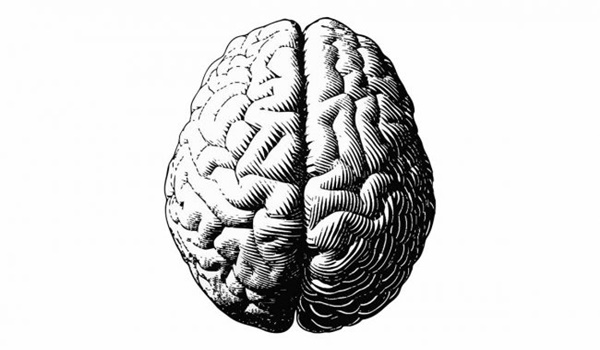One person can sometimes act like someone he truly isn’t and get away with it.
Yet, some things cannot be faked, and intelligence is one of them.
Many people dream of being perceived as extra smart, use big words or flex their ‘geeky’ hobby, but it all seems ridiculous in the eyes of those around them.
True intelligence isn’t a flex.
Here are some strong indicators that scientifically correlate to higher intelligence:
- Rhythmic signs of intelligence.
Swedish researchers found that individuals who were good at keeping time scored higher on intelligence tests and surveys. They believe that this is because timing is important to brain processes that are responsible for problem solving and reasoning.
- Empathy
Empathy is a crucial component of emotional intelligence. Of course, the ability to acknowledge and understand your own emotions is also important to emotional intelligence, but the ability to see through someone else’s perspective is fundamental.
- Valuing solitude
While many regard people who enjoy being alone as being awkward or strange, a 2016 study showed that people who exhibited greater intelligence were less likely to feel satisfied by socializing frequently.
Namely, socializing means less time to spend in contemplation, or in pursuing your interests and goals.
- You are a night owl.
A study that involved more than 20,000 people suggested that there is a strong connection between staying up late and intelligence. Namely, the higher your IQ, the later you will likely stay up. The study reads “more intelligent individuals are more likely to be nocturnal, getting up later in the morning and going to bed later in the evening, than less intelligent individuals.”
- You question everything.
Intelligent individuals tend to question things and don’t accept anything at face value. Sophie von Stum from the University of Edinburgh in the UK co-authored a study called “The Hungry Mind: Intellectual Curiosity Is the Third Pillar of Academic Performance” says that “If you’re intellectually curious, you’ll go home, you’ll read the books.” She also claimed that she felt like the “curious ones” had the most potential for development.
- Intelligent people know they don’t know everything.
The great Socrates once said:
“The only true wisdom is in knowing you know nothing.”
We cannot assume we know and understand everything, but we need to remain curious, open-minded enough to question ourselves and the world around us. Intelligent people don’t assume they have all the answers.
- They worry.
A small study in 2011 found that people with high IQs spend more time worrying since they understand the potential threats and obstacles in their way, and want to be prepared. Yet, at the same time, they were also less likely to worry about things that were unlikely to happen. If this sounds confusing, look at it this way: those who have a higher IQ are more prone to prioritize their fears and worries and focus on the ones that they need to.
- They’re adaptable.
Intelligent people know that one has to adjust and change according to the environment. Our bodies evolve and adjust, and our perspective has to as well. Otherwise, life becomes too difficult to manage.
- They have self-control.
In a 2009 study, participants had to choose between two financial rewards, a smaller payout immediately or a larger payout in the future. Those who chose the latter were more likely to have a higher IQ.
- They procrastinate.
Intelligent people may procrastinate more as they prioritize more important tasks over less important ones. In reality, they do not push things to the side, but they are worried about what’s more important instead.
- They look at the big picture.
Intelligent people are more likely to have existential confusion compared to others, they tend to consider situations from many different angles. Yet, they are not anxious, they lust prefer to be prepared for anything.
Source: https://themindsjournal.com


